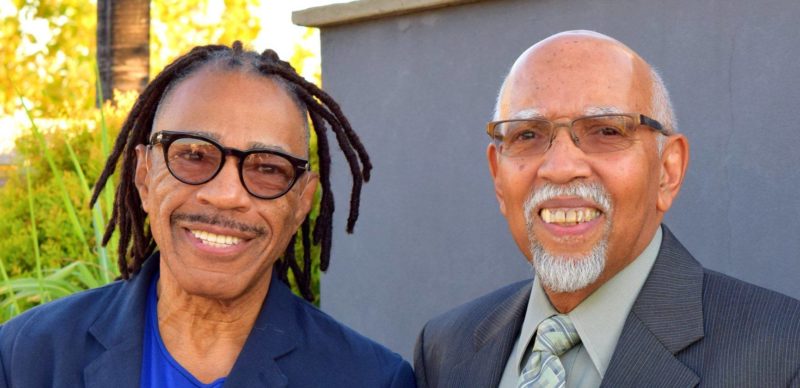- East Of Kailash, New Delhi-110065
- +91-11-26238444
- [email protected]
Indigenous People

While the government of India refers to indigenous peoples as Scheduled Tribes, Adivasi has become the popular term for India's indigenous or tribal peoples. It is a Sanskrit word meaning original people. Contrary to the official government position, this term reflects the widely recognized fact that the people in question are the earliest known settlers on the Indian subcontinent and North-East India. The indigenous or tribal peoples of India's north-eastern region (the eight states Arunachal Pradesh, Assam, Manipur, Meghalaya, Mizoram, Nagaland, Orissa and Tripura) do not call themselves, nor are they normally referred to in literature, as Adivasi in spite of the fact that the meaning of the term very much applies to the respective people. Representatives of these peoples prefer to use the English term "indigenous peoples". In orissa there is large number of Indigenous people in India.
While the number of members of the largest tribes, such as the Gonds, Santals, Oraon, Bhils or Nagas go into the millions others, such as the Onge or the Great Andamanese, are on the brink of extinction. India's tribal people are among the poorest in the country. The "Scheduled Tribes" have the highest poverty rate of the three categories of people officially distinguished. Especially where access to forest products to supplement their diet and to provide additional cash income is no longer possible – either because the forests have been destroyed or their rights of access are being denied – under-nourishment and malnutrition is widespread.
Since tribal communities have been forced off most of the fertile plains they previously inhabited, the majority of tribal farmers cultivate marginal land, using rather extensive methods. Above all, irrigation is absent from most areas, the extensive rice terraces of some indigenous peoples, for example some Naga tribes in the northeast, being the exception. Forests have always, and for almost all tribal societies, been of vital importance for their livelihood. Shifting cultivators have tapped the regenerative forces of natural forest succession on fallow land, wild animals are hunted and represent an indispensable source of protein. Forest plants are gathered for food, fuel, medicine, spices, ornaments, dye etc., many of which are sold and represent the main source of cash for tribal villagers.
Some tribal communities in Central India have become professional specialists, providing other tribal communities with artisan products such as baskets, woven textiles, iron tools etc. A small but rapidly growing number are employed as industrial labourers. The status of tribal women is markedly better than that in the Hindu caste society. Women play an important role in the domestic economy of tribal societies, they are usually allowed to move freely, and have the right to choose their marriage partners or at least have a large say in this (it is always, at the very least, a family affair). Divorce is usually possible and much easier, and tribal widows – unlike their Hindu sisters – have no problem in remarrying. But, again, these are generalizations and there are indigenous societies in which child and forced marriages are common. In many tribal societies, paying a bride price is part of the marriage arrangement. This stands in contrast to the dowry practice in Hindu society, which means that the birth of a baby girl represents a heavy economic burden for poorer families, with enormous repercussions on the status of women, and on the sex ratio in the population.
Studies have shown that baby girls are less well looked after than boys, leading to a higher infant mortality rate. The possibility of pre-natal sex identification has led to a rapid drop in the births of baby girls. With consult of husband the wife take decision. Generally, women are valued for their productive and reproductive functions. We have always focus on these people development and it will continue.











